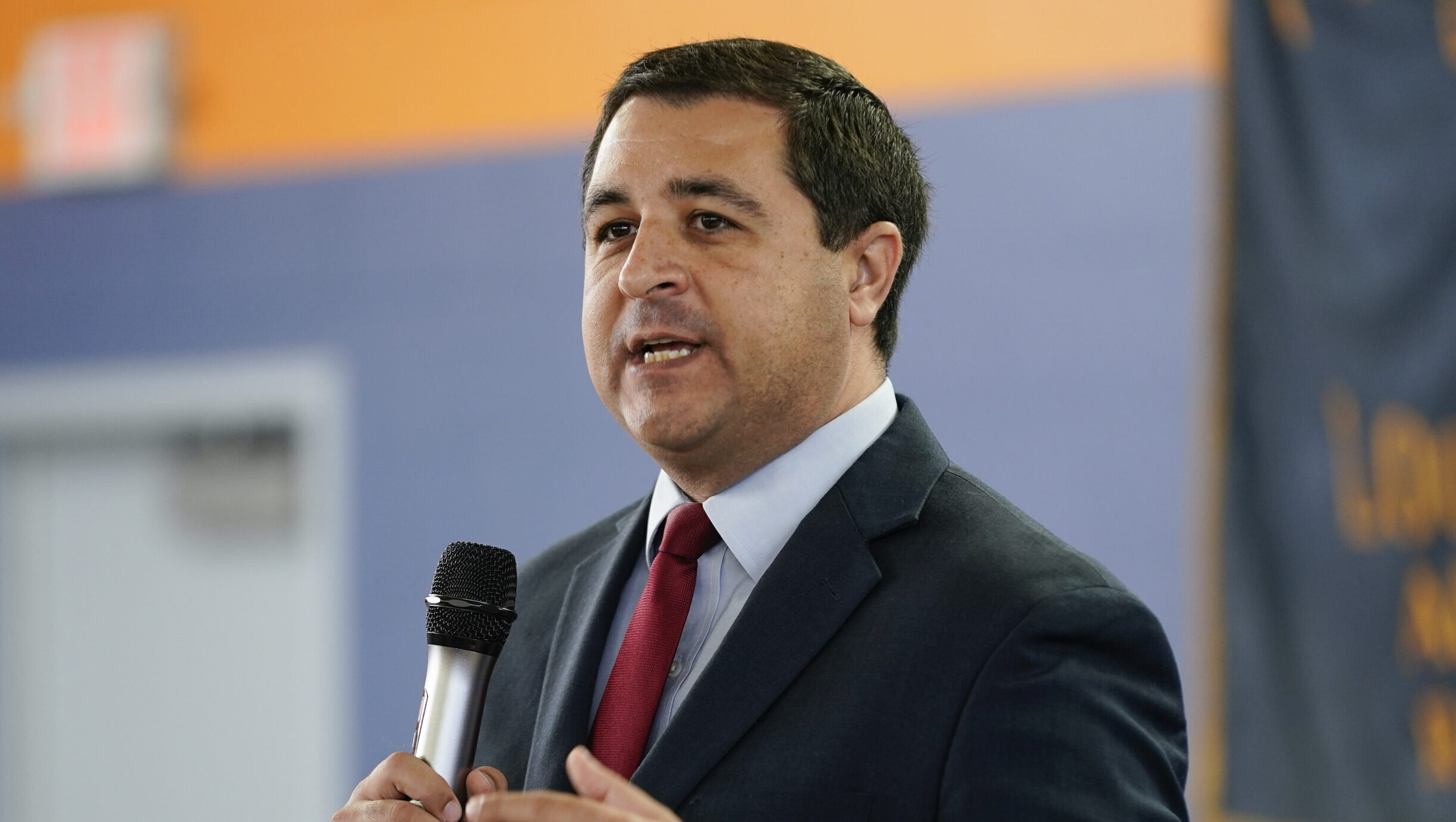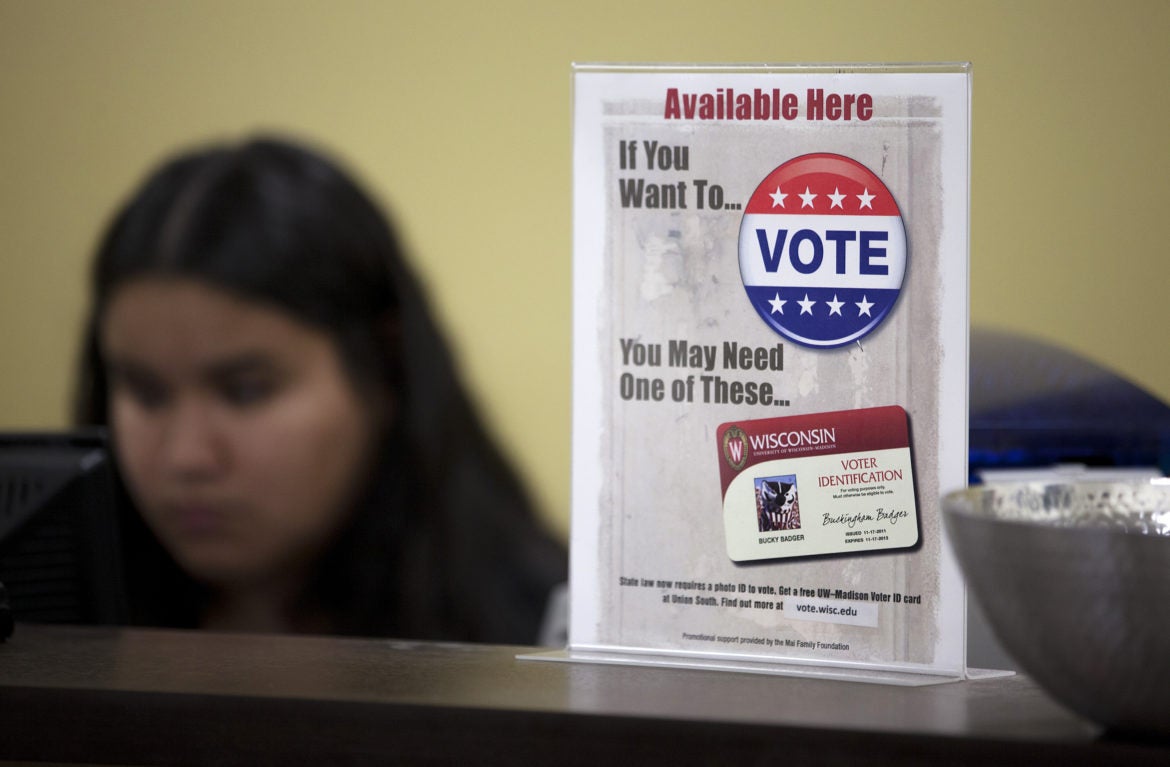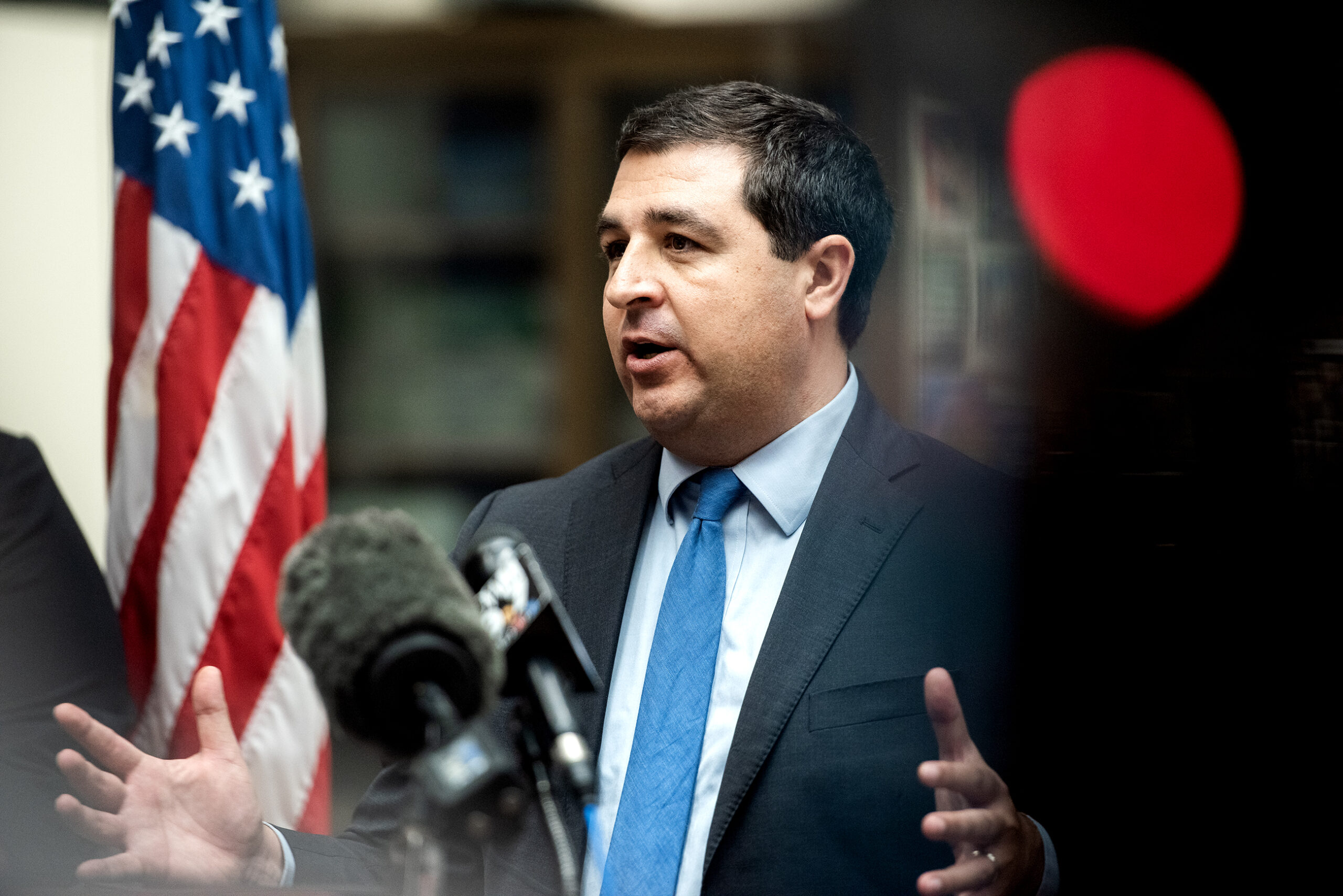A new state law aimed at giving GOP lawmakers more oversight of the Democratic attorney general caused a major roadblock Tuesday, leading to stalled action on a state lawsuit and clashes between lawmakers.
Under a law passed during December’s lame-duck session of the state Legislature, the attorney general must receive approval from the state budget-writing committee to reach settlement agreements in lawsuits involving the state.
The measure was aimed at giving the Legislature, which is controlled by Republicans, more oversight of the attorney general, an office taken by Democrats after the 2018 election.
Stay informed on the latest news
Sign up for WPR’s email newsletter.
On Tuesday, the budget-writing committee convened to discuss such an approval, but the meeting came to a grinding halt before it really began.
During the meeting, which quickly went into closed session, Attorney General Josh Kaul asked lawmakers to sign non-disclosure agreements before discussing the pending legal settlement. Lawmakers on both sides of the aisle declined to sign any such agreement. Non-disclosure agreements are sometimes required for legal counsel to discuss settlement agreements with other parties.
In a statement released after the committee ended, GOP lawmakers who control the committee said they don’t believe the non-disclosure agreements are necessary.
“It is unnecessary to require legislators to sign a confidentiality agreement when they have agreed to keep information confidential in closed session,” said Rep. John Nygren, R-Marinette, and Sen. Alberta Darling, R-River Hills, who co-chair the committee. “We recognize the sensitivity of these issues and wish to work with the Attorney General, but signing a confidentiality agreement is a nonstarter. The fault lies at the feet of Attorney General Kaul who is once again attempting to undermine the law.”
Democrats said they refused to sign the agreements, in part, because they wanted to consult with legal counsel before doing so. They argued such counsel has not been appointed for Democrats on the committee.
Kaul said the state could face financial penalties if he discusses the settlement without non-disclosure agreements.
“There could be consequences for the state,” the attorney general said.
Kaul also said it could hurt the state if the settlement isn’t reached.
“I think there would actually be significant harm to the state from not moving forward,” he said. “This is a matter that is important and we need to move forward.”
Kaul said there is a Friday deadline for action on the pending settlement.
The identity of the parties involved in the settlement, the settlement terms and other details were never disclosed, either publicly or in private to lawmakers on the committee.
Kaul added confidentiality agreements are common in settlement cases, so this conflict is likely to arise again.
Rep. Chris Taylor, D-Madison, said the attorney general is stuck “between a rock and a hard place” because the lame-duck law requires him to discuss and seek approval for legal settlements, but terms of the settlement bar him from doing so.
Taylor said Democrats have told Republicans for months the requirement passed during the lame-duck session would be problematic.
“This process was never going to work,” Taylor said. “The lame-duck set up a system where the attorney general cannot do his job.”
Democratic lawmakers also opposed Republicans’ motion to close the committee to the public.
They argued doing so violated state open records laws, because the law cited by GOP leaders on the committee only allows a closed session for lawmakers to discuss legal action with a lawyer. Democrats said the committee does not have a lawyer.
“We’re on thin ice here, legally,” said Sen. Jon Erpenbach, D-Middleton.
Republican lawmakers could move forward without Democratic support, as they have a 12-4 majority on the committee, but their refusal to sign the non-disclosure agreements and Kaul’s refusal to speak without them has left the proceedings in a standstill.
“I understand (Democrats) don’t like what was passed, but it’s the law,” Nygren said near the end of the committee meeting. “We tried to get to a point today where we could actually come to some type of agreement and move forward, but it’s evident the other side doesn’t want to do that.”
The law under the spolight Tuesday is one of several passed during the lame-duck session. Another related to the attorney general requires him to get committee approval for the state to leave federal lawsuits. That applies to a lawsuit challenging the Affordable Care Act, which Kaul and Gov. Tony Evers campaigned on leaving.
Evers and Kaul were able to keep that promise during a legal window created by ongoing legal challenges to the lame-duck session.
Other laws passed during the lame-duck session placed constraints on Evers, including his ability to change some state laws, including work requirements passed under former Gov. Scott Walker for programs like food stamps.
Additional limits rolled back the governor’s power over the Wisconsin Economic Development Corp., placed additional requirements for “guidance documents” issued by the Evers administration and allowed lawmakers to suspend administrative rules written by the Evers administration.
Editor’s note: This story was updated with additional comments from lawmakers.
Wisconsin Public Radio, © Copyright 2025, Board of Regents of the University of Wisconsin System and Wisconsin Educational Communications Board.




